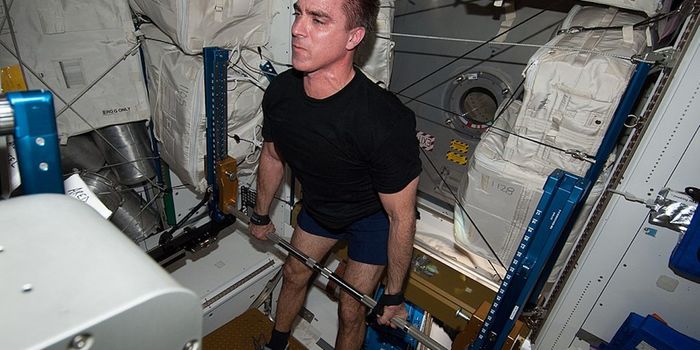Researchers Draw Correlation Between Electric Vehicles, Air Pollution, and Health
The number of electric vehicles (EVs) on the road have grown exponentially in the past decade, with EV sales reaching a record high in 2021 at 6.6 millions EVs, bringing the total number of EVs on the road to 16.5 million. Since EVs are clean vehicles, meaning they don’t produce harmful emissions back into the environment, what kind of impact do they have on both the environment and public health?
This is what a team of researchers at the University of Southern California (USC) hope to uncover as they documented real-world data in California regarding the public health benefits of EVs, also known as light-duty zero emissions vehicles (ZEVs). This study holds the potential to help us better understand how the adoption of EVs has a positive impact on both air quality and public health.
"When we think about the actions related to climate change, often it's on a global level," says Dr. Erika Garcia, PhD, MPH, who is an assistant professor of population and public health sciences at USC’s Keck School of Medicine and lead author of the study. "But the idea that changes being made at the local level can improve the health of your own community could be a powerful message to the public and to policy makers."
For the study, the researchers examined changes in the number of ZEVs between 2013 and 2019 per 1000 population and based on zip code and how it correlated with nitrogen oxide concentrations and asthma-related emergency room visit rates. One factor they included was level of education achieved, as well.
Per zip code, the researchers discovered a 3.2% decrease in asthma-related emergency room visits for every additional 20 ZEVs per 1000 people along with a moderate decrease in nitrogen oxide levels. Across zip codes throughout California, the researchers observed an increase between 2013 and 2019 in the total number of ZEVs from 1.4 to 14.6 per 1000 people but observed a lower rate of ZEVs in zip codes with lower educational achievement.
"Should continuing research support our findings, we want to make sure that those communities that are overburdened with the traffic-related air pollution are truly benefiting from this climate mitigation effort," said Dr. Garcia.
Dr. Sandrah Eckel, who is an associate professor of population and public health sciences at USC’s Keck School of Medicine, and a co-author on the study, said that moving forward, the transition to ZEVs is only one piece of the solution.
Sources: IEA, Science of The Total Environment, Keck School News
As always, keep doing science & keep looking up!









